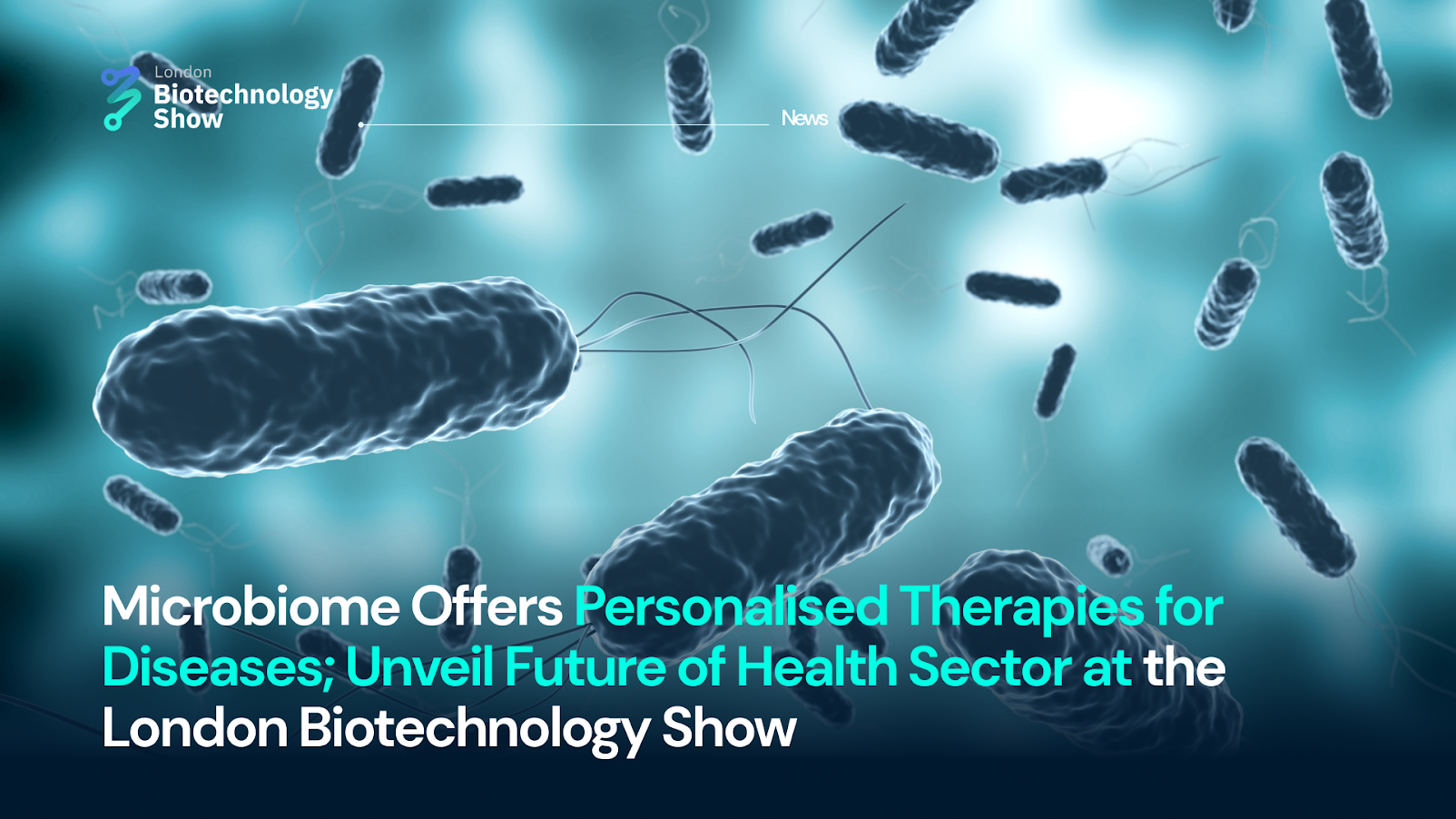The human body harbours a thriving ecosystem known as the microbiome, which plays a crucial role in determining its overall health and vitality. A little imbalance in it may result in conditions and diseases to the extent of you losing your life.
The microbiome consists of a number of microorganisms, including bacteria, yeasts, fungi and viruses, which exist in different locations of the human body including gut, skin, lung, and oral cavity. Among this varied categorization, the gut microbiome plays a major role in our health condition, as they are the ones which help in fermentation of food, stimulating immune response, thus preventing gut colonisation by harmful bacteria and viruses, and vitamin production. A healthy microbiome consists of a wide variety of microorganisms, which includes a large number of microbial genes, and a consistently stable group of essential microorganisms.
Researchers hold divergent opinions regarding the timing of human body microbiome development. While one viewpoint suggests that it happens exclusively at the moment of conception, an alternative opinion suggests that it occurs during birth, specifically when a newborn traverses the mother's birth canal. This second perspective posits that infants delivered by Caesarean section possess noticeably different gut bacteria compared to those born naturally, and may be more susceptible to certain health conditions later in life, including asthma and type 1 diabetes. Post-birth, the stability of gut health is dependent on other environmental factors, diet, stress and drugs like antibiotics, suggesting a dynamic nature of the microbiome.
The gut microbiome is suggested to impact human health in multiple ways including affecting a person’s appetite, production of gases, efficiency of using food, and impact on the immune system and inflammation. Similarly, by manipulating the vagus nerve, which establishes a connection between the gut and the brain, our microbiome exerts influence on our emotional state.
These tiny little beings could even turn out to be fatal. We do already have research studies supporting the connection between your malfunctioned microbiome and different diseases like obesity, diabetes, cardiovascular diseases, cancers, respiratory diseases, atherosclerosis, non-alcoholic fatty liver disease and inflammatory bowel disease, anxiety and depression.
The treatment of such diseases lies in clinical approaches, which include the utilisation of microbiota modulation and faecal microbial transplantation. In case of anxiety and depression, for instance, psychobiotic drugs are utilised to change the composition of microbes in the gut, thus helping to treat such disorders. However, the successful advancement of live bacterial therapeutics are suggested to rely more on the utilisation and reintroduction of native microbes capable of enduring various conditions, rather than solely focusing on modifying them, whose survival possibilities are lesser.
Gut-microbiome engineering leads to the development of advanced personalised medicine to improve human healthcare. To explore more in the sector, we present to you the London Biotechnology Show. The show offers an important platform to share deep insights about ongoing clinical trials in Microbiome Therapeutics, Advanced therapeutic and diagnostic approaches in Disease Treatment, Personalized Interventions for Health and Disease and Emerging Trends and Future Directions.

